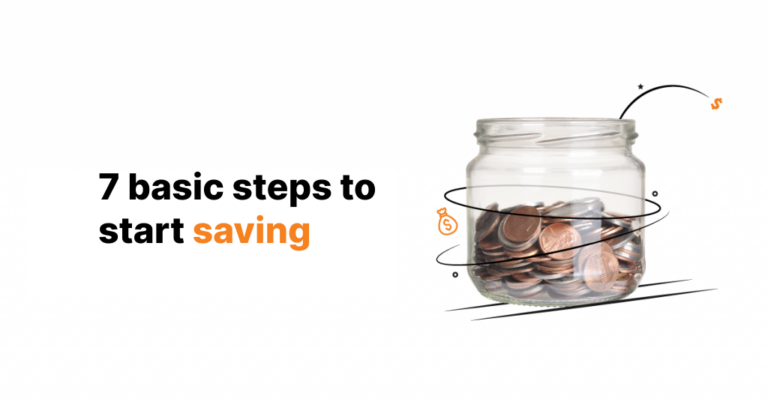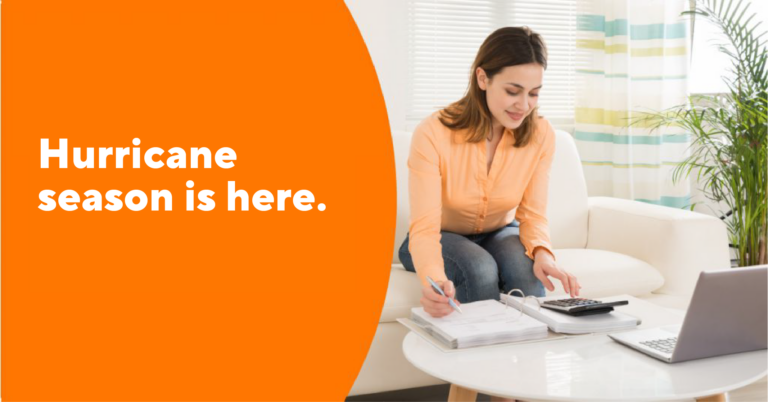Cynthia M. Martínez
Creator of My Barely Famous Life and Founder Lead Up Labs
There are people who unfortunately think that personal finances are an unattainable skill. This is completely at odds with the trends that are occurring globally with the economy. Managing money is increasingly accessible, from creating ways in which we are digitally connected with our money to receive or pay, to the different developed economies such as reuse and sharing that I will detail below. They have become a trend among groups of people between 30 and 55 years old.
The fashion of the sharing economy, in short, is sharing things that you use daily to generate income, for example: using your car as a kind of taxi, renting your house as if it were a hotel and sometimes if people live in a frequented place, renting the surroundings of your house to make a parking lot. Its premise is to share things you use in order to increase your income. On the other hand, the reuse economy is selling used parts that no longer represent value to you. A good example of this is the trend in social media market places where they sell furniture before buying others. Before, society invited you to give it to a family member, today everyone tells you: “SELL IT!” At the same time you help the environment by minimizing trash and debris.
A trend that I would love for you who read me to help me promote is knowing the cash flow in your personal finances. You may think that the terms “cash flow” and “expenses” are only used in business. But being good with money is a universal concept, accessible to everyone who focuses on working on it constantly; whether you’re running a business or just making sure your family doesn’t overspend. It is essential to clearly understand where you save and the money you spend; you can’t manage a budget if you don’t actually know what it is. One cannot lead without direction. Sometimes our memory fails and this year I am very committed to promoting financial health as a lifestyle. I decided to make a checklist with suggestions of what you can include in the list of things to visit weekly, when you consult your personal finances:
- Monthly income (your take-home pay, used sales, and any other sources of income)
- Refunds from credit cards (an approximate figure) or online rebate programs (the ones you scan in your receipts or coupons)
- Insurance premiums due (health insurance, auto insurance, life insurance, etc.)
- Mortgage or rent payment
- Loans
- Cell phone plans
- Living expenses (your average food and utility bills)
- Car expenses or public transportation budget
- Memberships (Includes everything from streaming to gym)
- Savings/emergency fund (money that you intend to save every month without fail)
- Retirement fund
Once you deduct your total expenses from your paycheck, you’ll have a clearer idea of how much disposable income you have left. That’s where your map to financial success is born. Being realistic about your savings expectations gives you the opportunity to not feel tied down by uncertainty. Economic limits cause discomfort if you are not used to them. But just as the fashion of different things in society shocks at first because it is something new, over time it becomes normal for many, inviting others to continue with it as well.
Manage your budget well, it’s trendy!
About the Author:
Cynthia M. Martinez is a rebel with a cause, entrepreneur, and life and business strategist with a specialty in leadership and innovation. As part of her extensive trajectory as a strategist, she has been developing leaders in the field of direct sales, market opening, and consulting at the corporate and SME levels for more than a decade. She is the creator of the social media movement in a blog format called “My barely famous life” in which she equips followers with leadership and technology tools through her educational program. She is also the founder of Lead Up Labs, a digital platform that has all the tangible and digital tools for participants to increase their productivity and achieve their goals.







